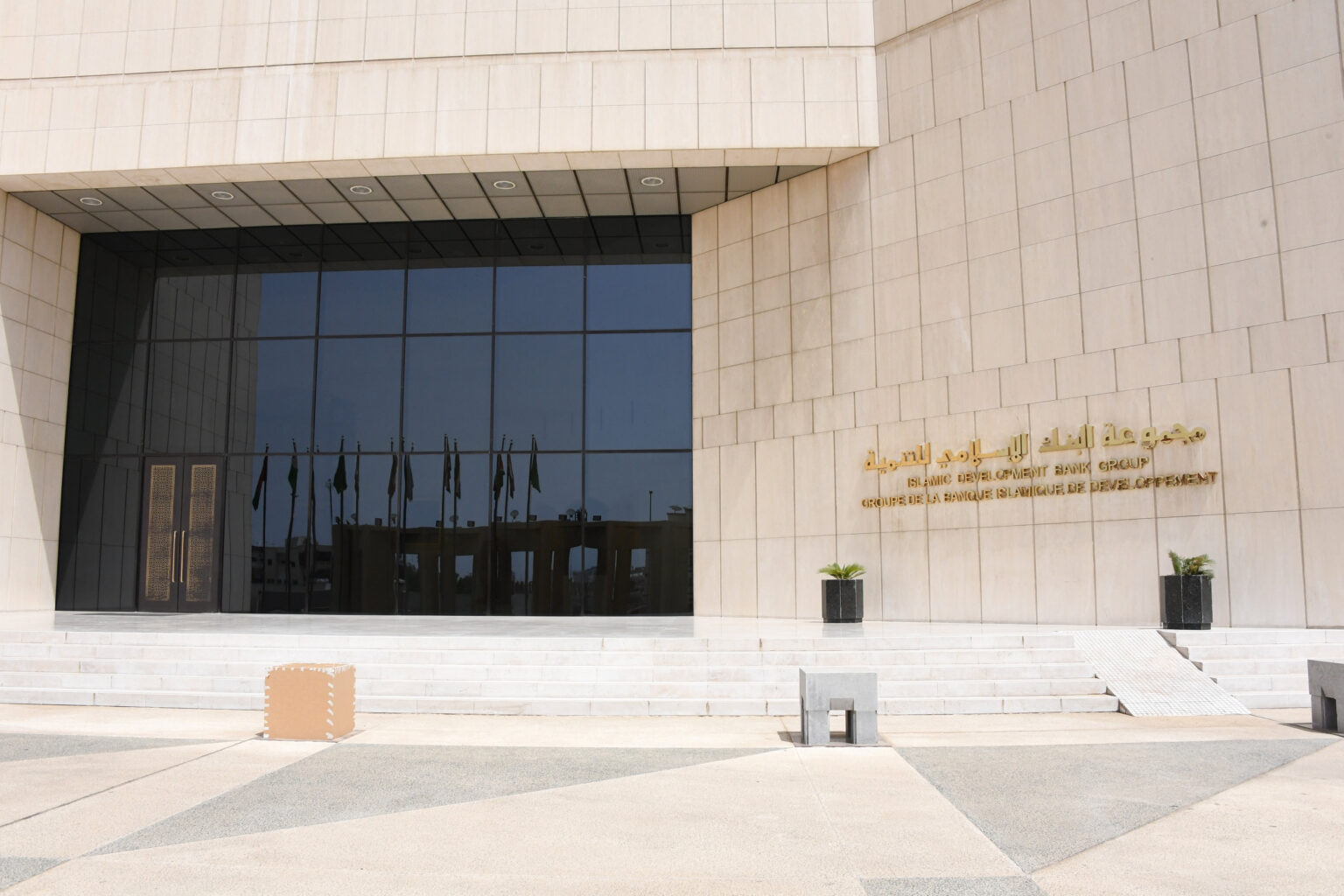- The funding is designated for the construction of a bridge spanning the River Nile in northwest Uganda and the enhancement of roads stretching over 105 kilometers.
- Uganda has encountered obstacles in accessing financial support from international institutions like the World Bank, primarily due to policy differences.
- The loan holds the potential to stimulate job creation, foster entrepreneurship, and spur innovation
Uganda has finalized an agreement with the Saudi Islamic Development Bank (IDB), securing a $295 million loan to bolster infrastructure development, particularly road construction projects across the country. This landmark agreement, signed by Uganda’s Finance Minister, Matia Kasaija, and IDB President Muhammad Al Jassar in Riyadh, underscores Uganda’s strategic shift towards diversifying its sources of external funding amidst ongoing negotiations with traditional lenders such as the World Bank.
The financing agreement, which was formalized during Minister Kasaija’s attendance at the 2024 Islamic Development Bank Group Annual Meetings in Riyadh, marks a pivotal moment in Uganda’s infrastructure development trajectory. The allocated funds are designated for critical projects, including the construction of a bridge spanning the River Nile in northwest Uganda and the enhancement of roads stretching over 105 kilometers, as outlined by the Ministry of Finance.
Uganda facing problems accessing financing
The decision to partner with the Saudi Islamic Development Bank reflects Uganda’s proactive approach to seeking alternative avenues for financing crucial infrastructure endeavors. This strategic move becomes even more imperative as the country continues to face challenges in securing funding from traditional lenders, exemplified by the prolonged suspension of new loans from the World Bank.
In recent years, Uganda has encountered obstacles in accessing financial support from international institutions like the World Bank, primarily due to policy differences. The enactment of contentious legislation, such as the anti-homosexuality law, has strained Uganda’s relationship with traditional lenders, leading to the suspension of crucial financial assistance. As a consequence, Uganda has been compelled to explore alternative funding sources to advance its development agenda.
The collaboration between Uganda and the Saudi Islamic Development Bank not only signifies a pragmatic approach to addressing infrastructure needs but also highlights the growing significance of South-South cooperation in fostering economic development. By leveraging partnerships with institutions such as the IDB, Uganda endeavors to accelerate progress towards achieving its developmental objectives, particularly in sectors crucial for socio-economic advancement.
Read also: African Heads of State call for tripling of World Bank’s concessional financing
Saudi Islamic Development Bank funding to boost jobs
Moreover, the successful negotiation of the $295 million loan underscores the confidence and trust placed by international financial institutions in Uganda’s potential for sustainable development. It reflects positively on Uganda’s commitment to implementing sound economic policies and fostering an enabling environment for investment and growth.
As Uganda embarks on these transformative infrastructure projects with the support of the Saudi Islamic Development Bank, the nation anticipates tangible benefits in terms of enhanced connectivity, improved access to markets, and accelerated socio-economic development across various regions. The construction of vital infrastructure such as the River Nile bridge and the expansion of road networks is expected to catalyze economic activity, stimulate trade, and unlock the immense potential inherent in Uganda’s diverse landscapes.
The infusion of $295 million from the Islamic Development Bank is expected to have far-reaching implications for Uganda’s economic landscape. Beyond the immediate impact on infrastructure development, the loan holds the potential to stimulate job creation, foster entrepreneurship, and spur innovation. As construction projects gain momentum, local labor markets are anticipated to experience a surge in employment opportunities, particularly in sectors related to construction, engineering, and transportation.
Furthermore, the enhancement of road networks and the construction of vital bridges are poised to facilitate smoother transportation of goods and services across Uganda’s diverse regions. This improved connectivity not only reduces travel times and transportation costs but also opens up previously inaccessible areas for trade and investment. Small and medium-sized enterprises (SMEs), which form the backbone of Uganda’s economy, stand to benefit significantly from expanded market access and improved logistical infrastructure.
Moreover, the development of infrastructure plays a pivotal role in addressing social inequalities and fostering inclusive growth. By connecting remote communities to urban centers and economic hubs, infrastructure projects promote social inclusion and empower marginalized populations. Access to reliable transportation networks enables individuals to access essential services such as healthcare and education, thereby contributing to improved living standards and human development outcomes.
In addition to its economic and social impact, the collaboration with the Saudi Islamic Development Bank underscores Uganda’s commitment to sustainable development practices. The financing agreement emphasizes the importance of environmentally responsible infrastructure development, incorporating measures to mitigate adverse environmental impacts and promote ecological sustainability. As Uganda endeavors to balance economic growth with environmental conservation, initiatives supported by the IDB prioritize eco-friendly infrastructure solutions and adhere to international environmental standards.
Looking ahead, the successful implementation of infrastructure projects funded by the Saudi Islamic Development Bank is poised to position Uganda as a regional hub for trade, investment, and economic development. By harnessing the transformative power of infrastructure investment, Uganda aims to unleash its full potential and emerge as a dynamic and resilient economy in the East African region.
Read also: Reshaping the future of sustainable food systems in Africa
In conclusion, the agreement between Uganda and the Saudi Islamic Development Bank represents a significant milestone in the nation’s pursuit of sustainable development. Through strategic partnerships and innovative financing mechanisms, Uganda is poised to overcome challenges and propel itself towards a future of prosperity and progress. As the country continues on its development journey, collaboration with esteemed institutions like the IDB will remain instrumental in unlocking new opportunities and realizing Uganda’s full potential.
